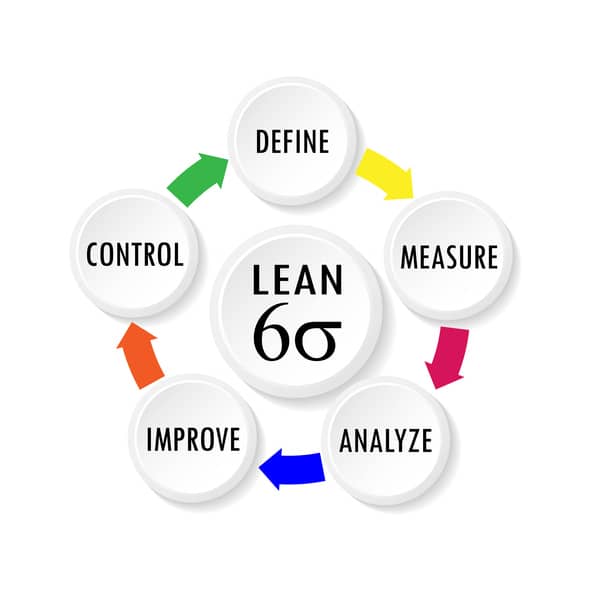An Ohio-based specialty food company has committed to making Lean Six Sigma training part of what it offers employees, resulting in millions of dollars in savings that are expected to continue in the future.
Lancaster Colony Corporation, based in Westerville, Ohio, began offering Lean Six Sigma training years ago, eventually moving the program in-house. That’s one reason the company has been called an emerging leader in the specialty food sector.
Founded in 1961, Lancaster Colony produces and markets food products through a handful of wholly-owned subsidiaries. They are perhaps best known for the brands Marzetti, New York Bakery, Sister Schubert’s and Flatout. They also produce Olive Garden salad dressing and Jack Daniel’s mustard.
The company has produced 55 years of increased dividends. They split sales evenly between retail products and providing products for restaurants, universities, healthcare and industrial clients.
Lancaster Colony has also been an advocate of implementing Lean Six Sigma to improve operations, including hiring Black Belts and training Green Belts. An array of interviews and financial reports from the company show just how wide ranging its implementation of Lean Six Sigma has become.
Building From the Ground Up
In an interview with Smart Business, Lancaster Colony Corp. President and CEO Dave Ciesinski said that the company started its Lean Six Sigma program from scratch. When the program started, they had “zero in savings” and had not even set savings goals, he said.
That changed once the program was launched. Ciesinski said that the cost savings eventually equaled about $4 million to $6 million per quarter.
The company started by having a vice president of operations develop a Lean Six Sigma program with the Center for Operational Excellence at The Ohio State University. Volunteers from among the Lancaster Colony staff were recruited. All completed a project as part of earning their certification in Lean Six Sigma.
In a 2017 financial report, executives noted that the company hired several Lean Six Sigma Black Belts in plant operations. The company projected savings from this move alone to reach the “mid-seven-figure-level with about half of that amount ongoing in nature.”
Attacking the Gross Margin
The implementation of Lean Six Sigma was across all operational areas of Lancaster Colony. In that same financial report, company executives talked about the ongoing Lean Six Sigma program directly involved with the Marzetti brand, a program they called “Marzetti operational excellence.”
The program includes the development of a Lean Six Sigma Black Belt program and the training of employees as Green Belts.
They referred to such training as “a means by which to attack that gross margin line of our business” and a way to drive “a structural improvement in that space.” They noted that Lean Six Sigma can apply to improvement of planning processes and provide “an opportunity to improve our working capital management.”
How well has this worked? In an April 2019 financial report, Ciesinski reported that “our ongoing Lean Six Sigma program” had contributed to an 11% increase in consolidated gross profit for the company.
Lean Six Sigma and Supply Chain
Another area where Lancaster Colony has leveraged Lean Six Sigma is in supply chain management, an area ripe for the type of process improvement techniques and tools that Lean and Six Sigma bring to the table.
In the case of Lancaster Colony, the company has reduced supply chain costs 7% by implementing a Lean Six Sigma approach. The in-house training program has produced employees who know how to maximize supply chain effectiveness while also finding ways to lower costs.
Seeking Alpha also noted that Lancaster Colony is using Lean Six Sigma to “simplify” the supply chain. They wrote that the company hired six Black Belts, launched Green Belt training and that Lean Six Sigma is “driving cultural change and helping to offset inflation.”
Commenting on the April 2019 financial report, Ciesinski said that the Lean Six Sigma program also has helped the company offset the costs of acquisitions, product placement in stores and brand marketing.
Lancaster Colony is using Lean Six Sigma to improve its bottom line, proving that even the most established of companies can make gains by adapting process improvement strategies.



